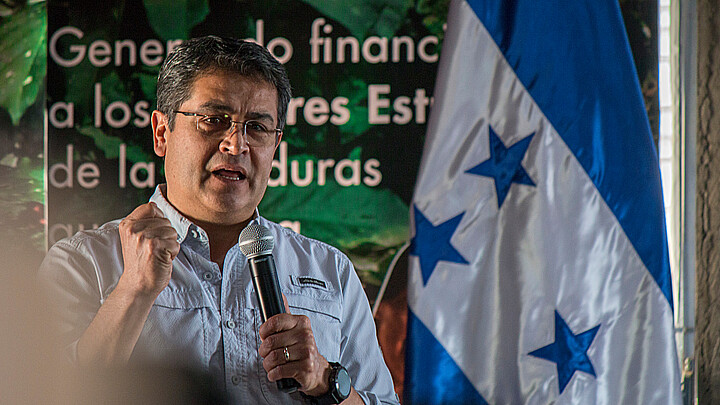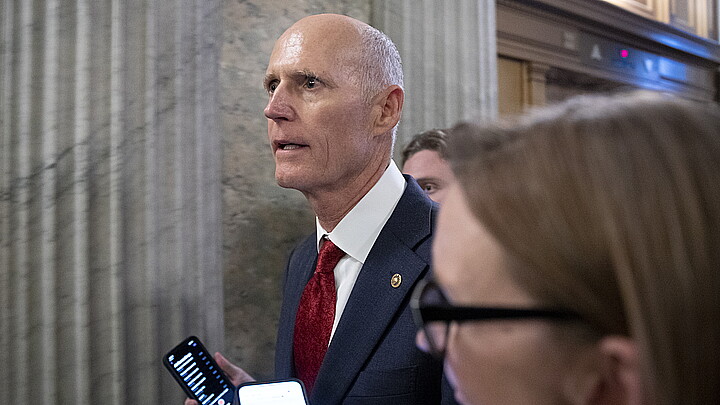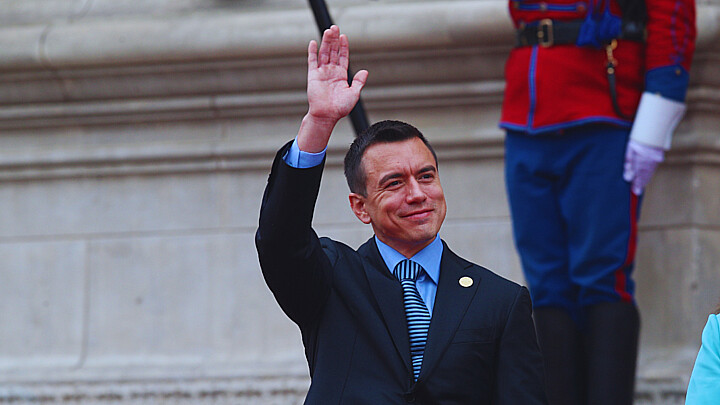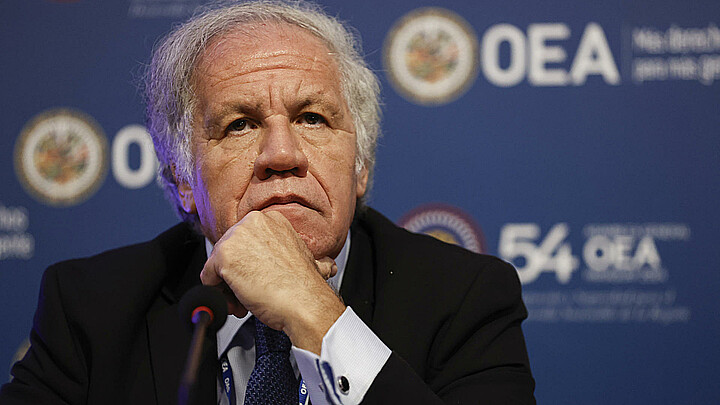Politics
Honduran ruling party concedes defeat; leftist Xiomara Castro to take office
With 53 percent of the votes counted, Tegucigalpa Mayor Nasry Asfura conceded victory to left-wing Xiomara Castro
December 1, 2021 11:44am
Updated: December 1, 2021 12:11pm
Tegucigalpa Mayor Nasry Asfura, Honduras’ ruling party’s presidential candidate, conceded defeat on Tuesday night with only 53.2 percent of the vote counted – handing victory to leftist Xiomara Castro, the wife of former president and Hugo Chavez ally Manuel Zelaya.
As of Wednesday morning, Castro holds 53 percent of the votes and Asfura 34 percent, with 53 percent of the tallies counted, according to the National Electoral Council. The Council has 30 days from the election to declare a winner, NBC News reports.
Asfura met with Castro and her family soon after conceding and later told the press, “I congratulate her for her victory and as president elect, I hope that God illuminates and guides her so that her administration does the best for the benefit of all of us Hondurans, to achieve development and the desire for democracy.”
His concession came as a relief to many Hondurans who feared that a contested election would lead to the same violence that left 23 people dead in 2017 after the government declared Juan Orlando Hernandez president after the Organization of American States’ (OAS) electoral observation mission reported irregularities.
In anticipation of a 2017 repeat, many businesses in the Honduran capital closed shop and boarded their windows.
The head of the OAS’ observation mission and former Costa Rican President Luis Guillermo Solís reported that Honduras overcame technical difficulties and enjoyed a large voter turnout.
“Honduran society voted with conviction, happiness and responsibility in a context marked by the pandemic and violence, which was denounced opportunely by the mission,” he said, noting that his organization had not received reports of further irregularities or fraud.
But Castro’s victory is of particular interest to the U.S., as stability in the so-called “Northern Triangle” is a top priority for the Biden Administration, which has repeatedly discussed the need to address the “root causes of migration” and ultimately committed $4 billion to that end.
To date, more than 500,000 Hondurans have headed to the U.S. since Honduras’ contested 2017 election.
On Tuesday, Secretary of State Antony Blinken issued a press release congratulating Castro “on her historic victory as Honduras’ first female president” and promised cooperation between their two governments.
“The United States and Honduras enjoy a long-standing relationship grounded in shared values, commerce, culture, and family ties. The United States will continue to support Honduras in strengthening its democratic institutions, promoting economic growth, and fighting corruption and transnational crime,” Blinken said in the statement.
However, tensions have existed recently between Tegucigalpa and Washington. It was just a few short years ago that Castro and her husband cozied up to the former Venezuelan strongman Hugo Chávez.
But analysts believe Castro and the U.S. could find room for cooperation in immigration, drug trafficking and corruption.
“In the first 100 days, we will execute and propose to the administration of President Joe Biden and Kamala Harris a plan to combat and address the true causes of migration,” Castro said.










